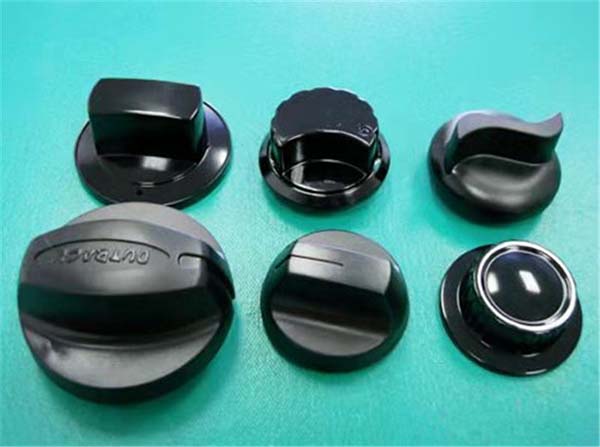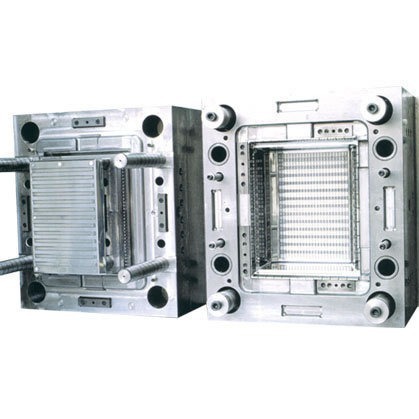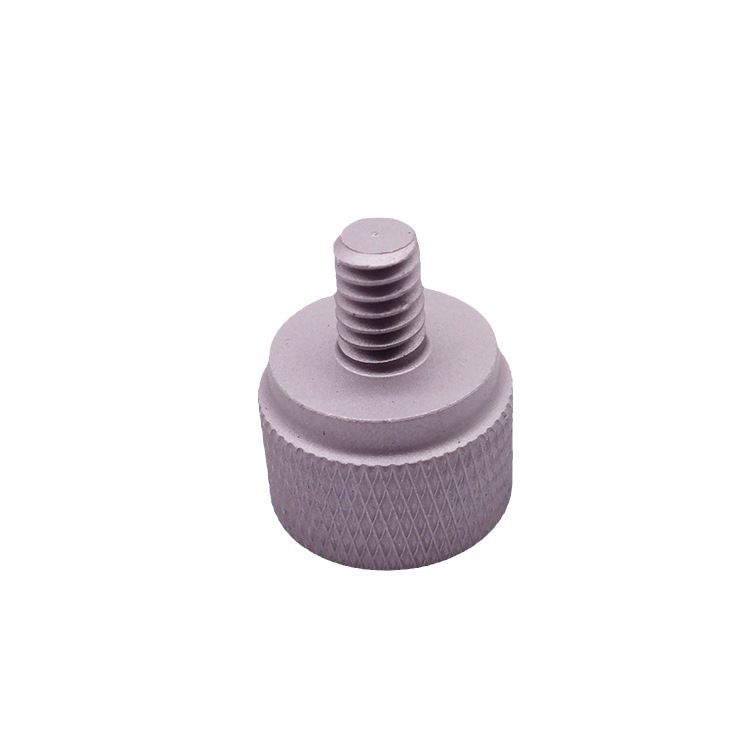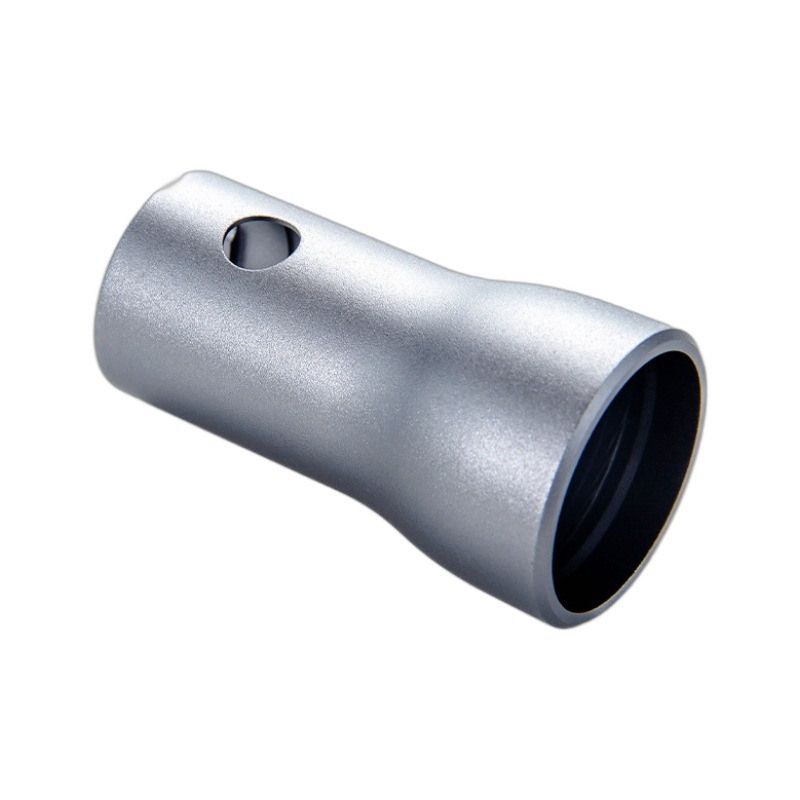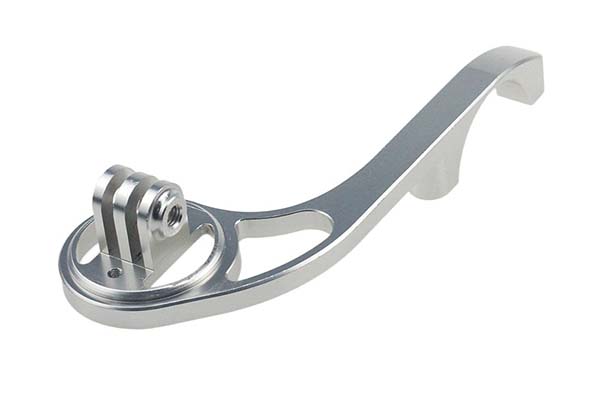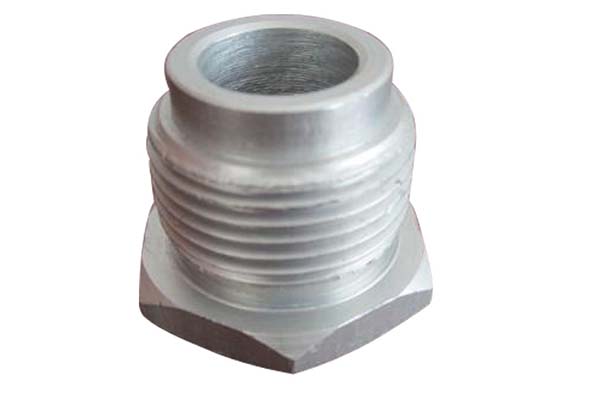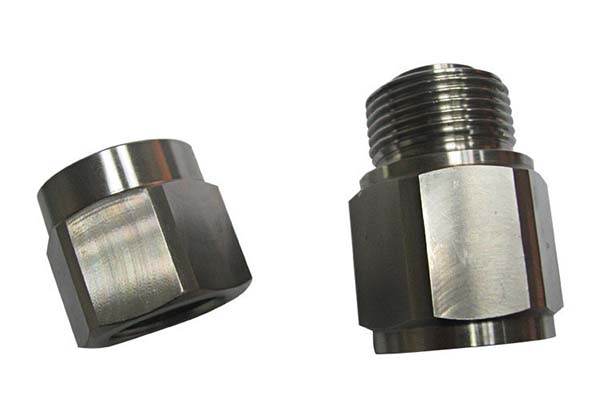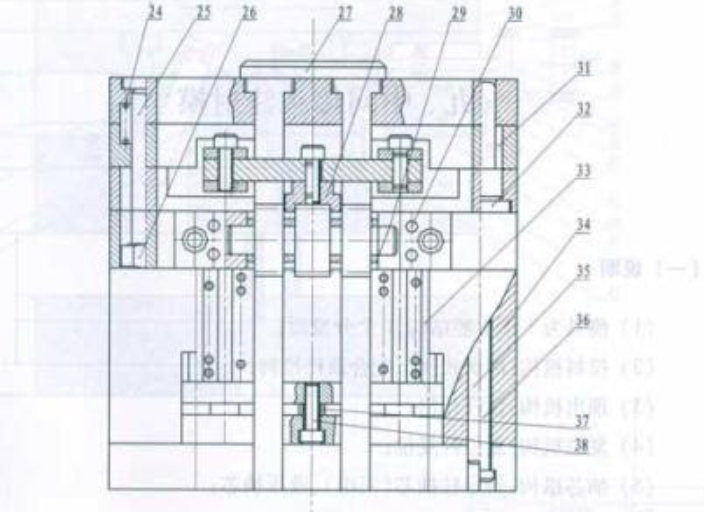In the realm of modern manufacturing, CNC machining of plastics has emerged as a crucial process, offering versatility, precision, and efficiency. However, like any manufacturing process, it comes with its own set of challenges. From selecting the right plastic material to ensuring high-quality finishes, manufacturers often grapple with various issues that can impact the final product's performance and cost-effectiveness. In this article, we will delve into the key aspects of CNC machining plastics, providing insights and solutions to help you overcome these challenges.
Material Selection for CNC Machining Plastic
The choice of plastic material is fundamental to the success of CNC machining. Different plastic types, such as Acrylic, Polycarbonate, ABS, PEEK, and Nylon, possess unique properties that make them suitable for specific applications. For instance, Acrylic is known for its high transparency, with a light transmittance of up to 92%, making it ideal for display cases and optical components. Polycarbonate, on the other hand, offers exceptional impact resistance, being 250 times stronger than ordinary glass in this regard, which is crucial for applications like safety goggles and automotive headlights.
When considering material properties, factors such as Hardness, Thermal Stability, and Chemical Resistance are of utmost importance. In high-temperature environments, materials like PEEK can maintain their structural integrity up to 260°C, making it suitable for aerospace and automotive engine components. In contrast, ABS has good overall mechanical properties but may have limitations in extreme chemical or thermal conditions.
For specialized applications, such as the medical and aerospace industries, specific materials are required. Medical-grade plastics, like certain grades of Polycarbonate and PEEK, must meet strict biocompatibility and sterilization requirements. Aerospace plastics need to have high strength-to-weight ratios, with materials like carbon fiber-reinforced plastics being a popular choice.
To ensure the quality of the selected material, Material Testing is essential. Tensile strength tests can determine a plastic's ability to withstand stretching forces. For example, Nylon 66 typically has a tensile strength of around 75 MPa, indicating its suitability for applications where mechanical stress is a factor. Flexural modulus tests measure a material's stiffness, while impact resistance tests assess its ability to withstand sudden shocks.
Selecting a reputable plastic supplier is also crucial. Reputable suppliers, such as BASF and Dow Chemical, provide material certifications that guarantee the quality and consistency of their products. These certifications, such as ISO 9001 for quality management, ensure that the materials meet international standards.
CNC Machining Techniques for Plastics
The machining processes used in plastic CNC machining, including Milling, Turning, Drilling, and Cutting, require careful consideration. Milling, for example, can create complex shapes in plastic materials. However, the choice of milling cutter is crucial. Carbide tools are often preferred for their high hardness and wear resistance when machining harder plastics like Polycarbonate. High-speed steel tools may be suitable for softer plastics, such as Acrylic, as they can provide a better surface finish.
Optimal Feed Rates and Speeds are essential for achieving good results. When machining ABS, a cutting speed of around 200 - 300 m/min and a feed rate of 0.1 - 0.2 mm/tooth can yield a good balance between efficiency and surface quality. However, these values may need to be adjusted based on the specific plastic material and the tool used.
Coolant Usage is another important aspect. Dry machining may be suitable for some plastics to avoid potential chemical reactions with coolants. However, for materials that generate a lot of heat during machining, such as PEEK, wet machining with appropriate coolants, like water-soluble coolants, can help dissipate heat and improve tool life.
Achieving Precision Machining with tight tolerances and high surface finish requirements is a challenge in plastic CNC machining. For example, in the production of medical implants, tolerances as tight as ±0.05 mm may be required. This can be achieved by using high-precision CNC machines and carefully optimizing the machining parameters.
Applications of CNC Machined Plastics
CNC machined plastics find applications in a wide range of Industry Sectors, including Automotive, Aerospace, Medical, and Electronics. In the automotive industry, plastic gears are commonly used due to their lightweight nature, which can contribute to fuel efficiency. They can also reduce noise and vibration compared to metal gears.
In the aerospace industry, plastic enclosures are used to house sensitive electronic components. These enclosures need to be lightweight yet strong enough to withstand the harsh conditions of flight. The use of plastics in aerospace can reduce the overall weight of the aircraft, leading to significant fuel savings.
In the medical field, CNC machined plastics are used for applications such as medical implants. For example, PEEK implants are biocompatible and can be machined to precise shapes to fit the human body. In the electronics industry, plastic prototypes are often created using CNC machining to test the form and function of new products before mass production.
The advantages of CNC machined plastics over metals, such as being Lightweight, Corrosion-resistant, and Cost-effective, make them an attractive choice. For example, a plastic enclosure may weigh only a fraction of its metal counterpart, while offering similar protection against environmental factors. Additionally, plastics are generally more resistant to corrosion, which is crucial in applications where the parts will be exposed to moisture or chemicals.
Case studies of successful CNC machined plastic applications abound. For example, in a recent project, a company used CNC machined ABS parts to create custom enclosures for a new line of portable electronics. The parts were produced with high precision, meeting the tight tolerances required for a seamless fit. The use of ABS not only reduced the cost of production but also made the products more lightweight and appealing to consumers.
Quality Control in Plastic CNC Machining
Inspection Methods play a crucial role in ensuring the quality of plastic CNC machined parts. Dimensional inspection, using tools such as coordinate measuring machines (CMMs), can accurately measure the dimensions of the parts to ensure they meet the specified tolerances. Surface finish inspection, often done using optical profilometers, can detect any surface imperfections, such as scratches or roughness.
Adhering to Quality Standards, such as ISO 9001 and industry-specific standards, is essential. In the medical industry, for example, parts must meet strict standards set by the FDA to ensure patient safety. These standards govern every aspect of the manufacturing process, from material selection to final inspection.
Identifying and addressing Defect Identification is crucial. Warping, Cracking, and Surface imperfections are common defects in plastic CNC machining. Warping can occur due to uneven cooling during machining or excessive heat generation. Cracking may be caused by high internal stresses in the material. Surface imperfections can be a result of improper tool selection or incorrect machining parameters.
Process Monitoring, including real-time monitoring of machining parameters and tool wear detection, can help prevent defects. By using sensors to monitor factors such as cutting force and temperature, manufacturers can make real-time adjustments to the machining process. Tool wear detection systems can alert operators when it's time to replace the tool, ensuring consistent quality.
Maintaining a comprehensive Quality Assurance system, including certifications and quality control documentation, is essential. Certifications, such as ISO 13485 for medical device manufacturers, demonstrate a company's commitment to quality. Quality control documentation, including inspection reports and process control records, provides a traceable history of the manufacturing process.
Tooling and Equipment for Plastic CNC Machining
The choice of CNC Machines is crucial for plastic machining. Vertical milling centers are versatile and can be used for a wide range of plastic machining applications, from creating complex shapes to precision milling. Horizontal milling centers may be preferred for certain applications where access to the workpiece from multiple sides is required. Lathes are used for turning operations, such as creating cylindrical parts.
Software, such as CAD/CAM software, is essential for designing and programming the machining process. CAD software allows designers to create detailed 3D models of the parts, which are then translated into machining instructions using CAM software. Simulation software can be used to test the machining process virtually, identifying potential issues before actual machining begins.
Fixture Design is also important. Custom fixtures can be designed to hold the plastic workpiece securely during machining, while minimizing the risk of damage. Vacuum fixtures, for example, can be effective for holding lightweight plastic parts without applying excessive pressure.
Proper Tool Maintenance is essential for ensuring consistent quality and long tool life. Tool sharpening should be done regularly to maintain the cutting edge's sharpness. Tool replacement schedules should be established based on factors such as the type of plastic being machined, the cutting parameters, and the observed tool wear.
Advanced tools, such as multi-axis machining centers, offer increased flexibility and precision in plastic machining. These machines can move the tool and workpiece in multiple directions simultaneously, allowing for the creation of complex shapes with high precision. High-precision tools, such as diamond-coated tools, can be used for machining plastics that require a very smooth surface finish.
Yigu Technology's Perspective
As a parts custom manufacturing Supplier, Yigu Technology understands the nuances of CNC machining plastics. We emphasize the importance of a holistic approach, from meticulous material selection to precise machining techniques. Our experience has shown that close collaboration with clients is key to understanding their unique requirements, whether it's for a one-off prototype or a large-scale production run. By leveraging advanced equipment and skilled technicians, we ensure that every plastic part we produce meets the highest quality standards, delivering solutions that are not only functional but also cost-effective.
FAQ
- What is the best plastic material for high-temperature applications in CNC machining?
PEEK is an excellent choice as it can maintain its properties at high temperatures, up to 260°C.
- How can I improve the surface finish in plastic CNC machining?
Using the right cutting tools, optimizing feed rates and speeds, and proper coolant usage can significantly improve surface finish.
- What are the common defects in plastic CNC machining and how can they be avoided?
Common defects include warping, cracking, and surface imperfections. These can be avoided by controlling heat generation, reducing internal stresses, and carefully selecting machining parameters.
